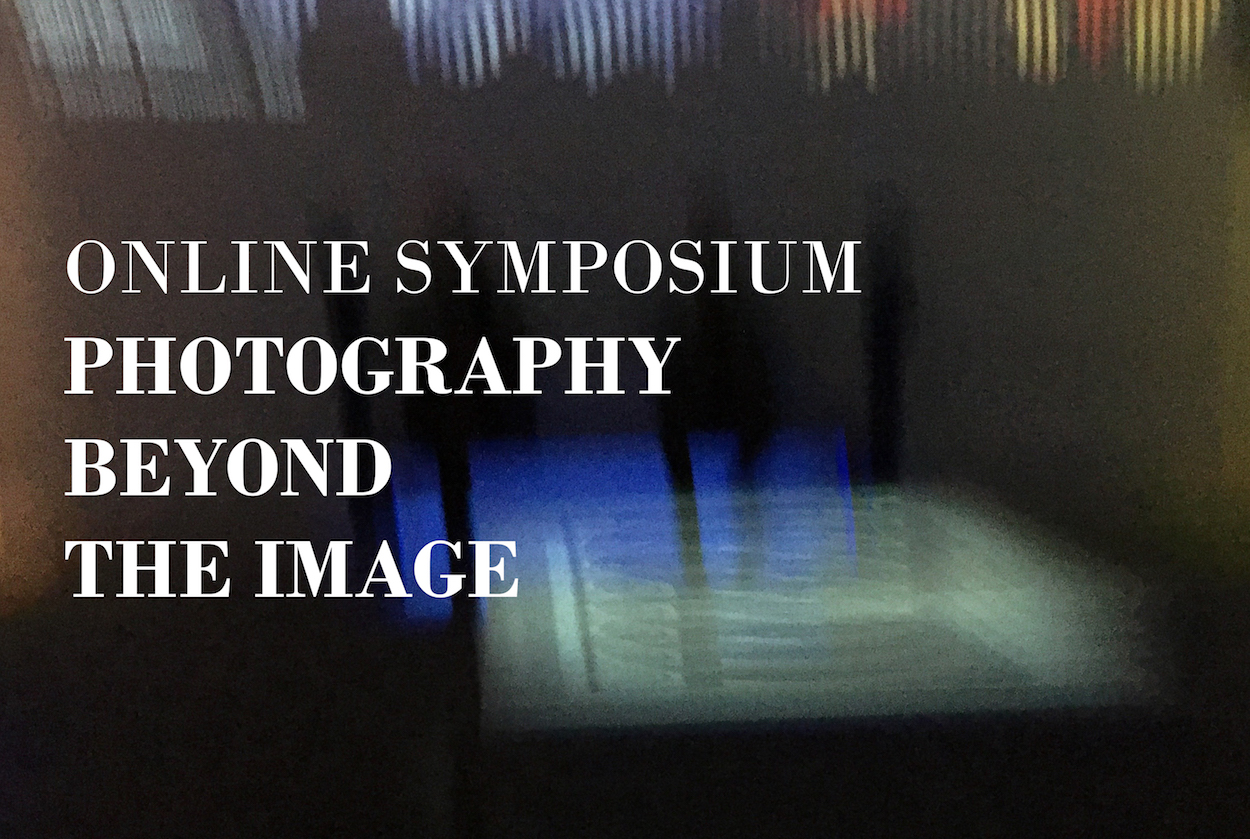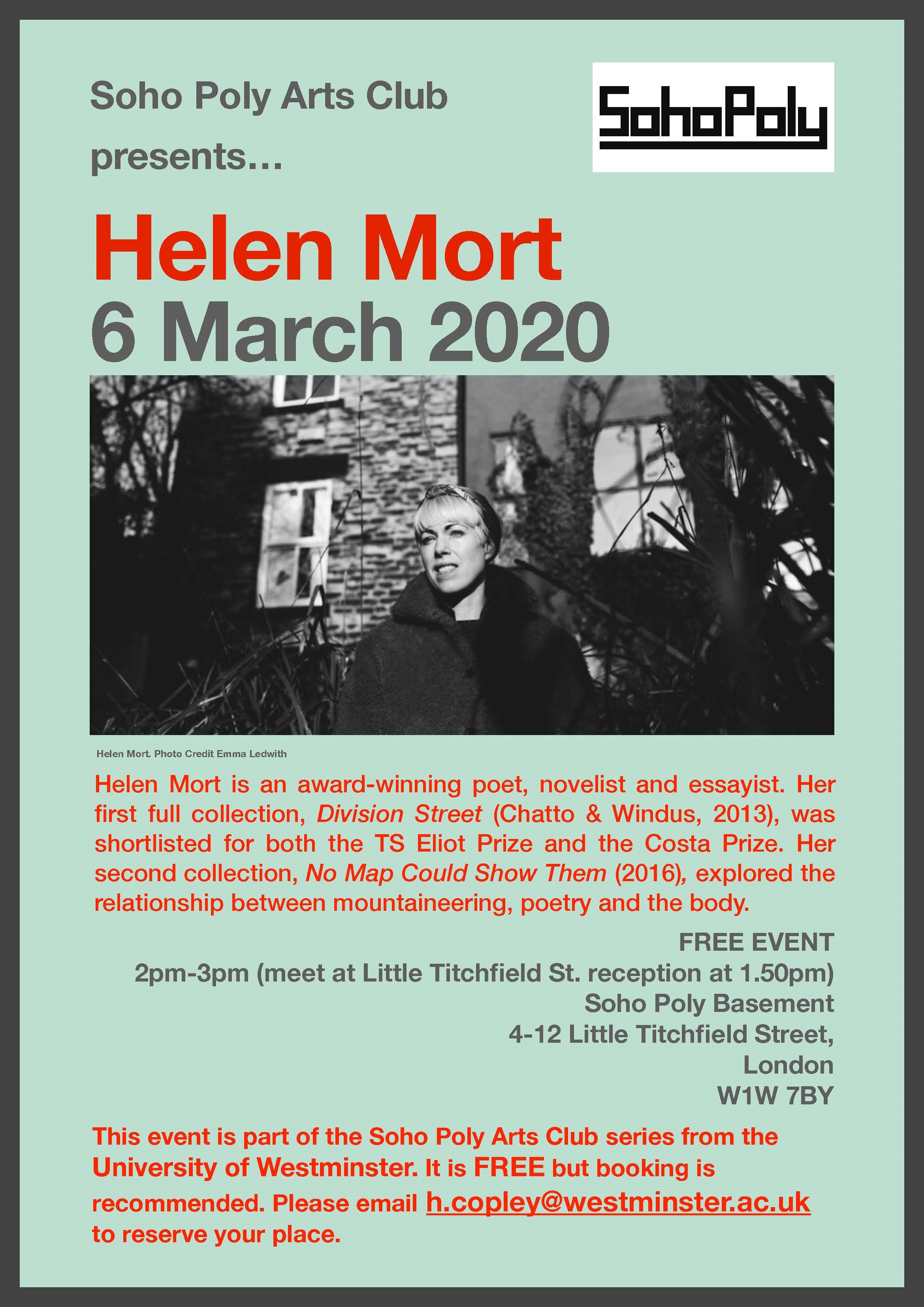News
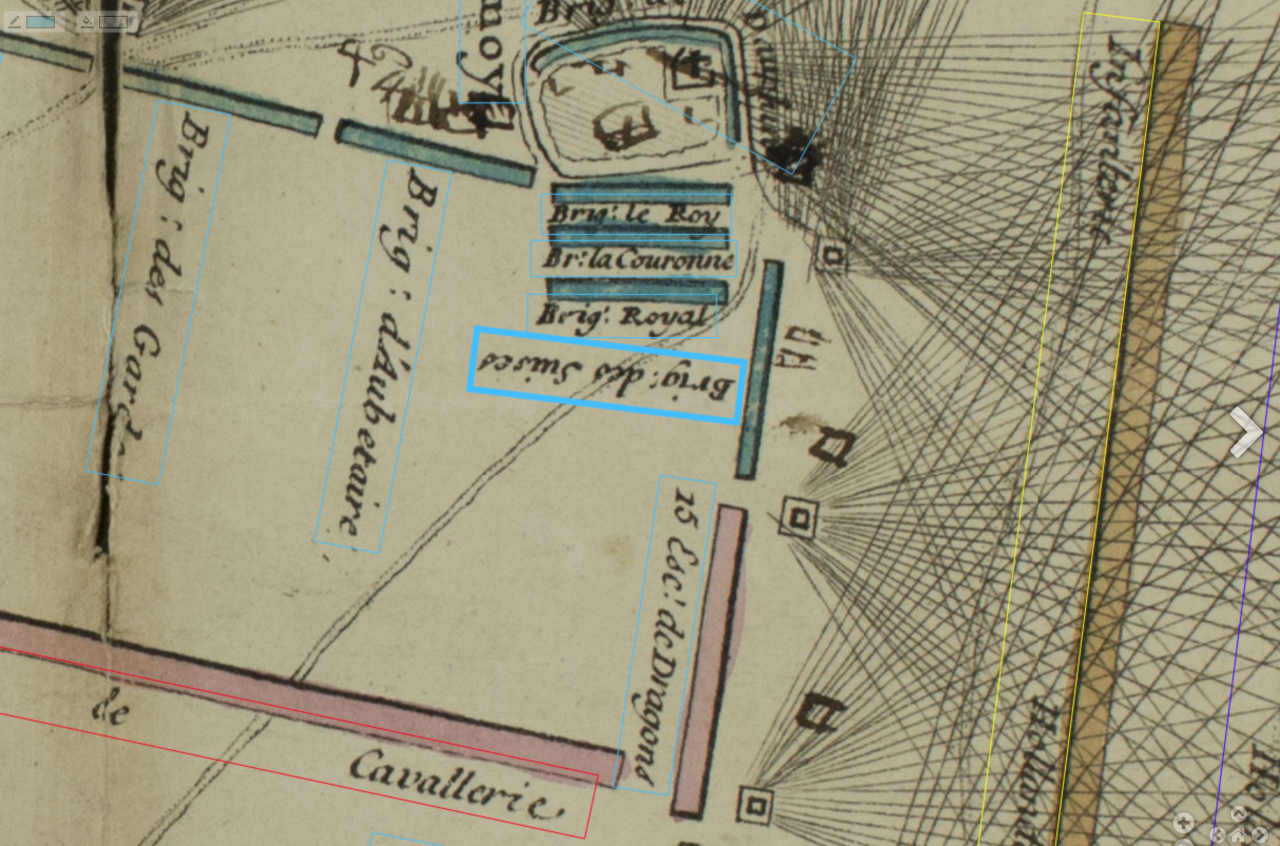
Since 2016, the IMCC’s Data Futures project has worked with the repositories section at CERN in Geneva, and outputs of our collaboration—now the hasdai partnership—developing long-term preservation and scientific annotation standards, are being integrated with Zenodo (see https://doi.org/10.5281/zenodo.2633630, https://doi.org/10.5281/zenodo.3522413).
An international consortium (https://inveniosoftware.org/products/rdm/) has developed around this partnership, and developed a Free and Open Source Software platform—InvenioRDM—which multiple institutions in Europe and the U.S. are now deploying. CERN has commenced re-implementation of Zenodo itself using the RDM platform, and new projects supporting annotation of scientific literature at scale across the biodiversity, medical and social sciences and humanities communities were presented at iPRESS-2021. Two services based on these developments are now publicly available:
First, as species loss accelerates, it has become increasingly recognized that historic literature will become a crucial source of information. Significant progress has been made with automatically extracting ‘taxonomic treatments’ from publications going back as far as 1758 and legislation in many countries now recognizes such treatments as free of any copyright restrictions that may have applied to the original documents. In a collaboration with the editorial board of The European Journal of Taxonomy and Plazi, CERN and Data Futures have converted taxonomic treatments of the complete Journal to WADM annotations accessible in an InvenioRDM repository, making species reported independently discoverable. More information can be found at https://ejt.biodiversity.hasdai.org/
Second, in a parallel project with the Voltaire Foundation, CERN and Data Futures have developed InvenioRDM-based annotation and preservation infrastructure tailored to the eighteenth-century manuscripts relating to Voltaire. Including letters, drafts of books and plays and maps, this important new data resource will provide services to the research community as well as public presentation of Voltaire’s papers—many of which will be made accessible for the first time. The current pilot service is now available at https://voltaire-pilot.ox.hasdai.org/ and extensions to address more than twenty thousand such documents and books are now being planned.
We are happy to provide more information via email to info@hasdai.org

Amateur Darkroom Practices, 1880s-1910s is a two-year Westminster Researcher Development Awards funded project, led by Dr Sara Dominici in the IMCC, which examines the relationship between amateur processes of making and the socio-cultural role of the darkroom in Britain. By combining performative research methods with the analysis of primary sources, the project seeks to reconstruct the contemporaneous processes of developing, varnishing, and printing from gelatine dry plates in order to explore, first, how practices of making shaped non-professionals’ understanding of photography, and, second, the largely overlooked significance of the darkroom, an amateur space for scientific engagement, at a key juncture in the genealogy of popular photography.
The grant will also support a range of associated events. These will seek to bring together people interested in histories of the darkroom and its theorisation, and, relatedly, to consider how and when performative research methods might be harnessed to enrich text-, visual-, and object-based research into photography’s histories.
You can visit the website here.
The Graduate School at the University of Westminster has announced 10 new full PhD studentships funded by the Quintin Hogg Trust for students of Black, Pakistani or Bangladeshi heritage to begin in the academic year 2022/23 . Applications are welcome in all disciplines at Westminster, including those covered by the IMCC. For queries about any aspect of the application process or informal enquiries about our areas, please contact the School of Humanities PhD Coordinator, Dr Helen Glew: h.glew@westminster.ac.uk
Although the University of Westminster has one of the most diverse student bodies in the UK, with a high percentage of Black and Minority Ethnic (BME) students, the backgrounds detailed below are the most underrepresented among PhD students (and academics) at the University and nationally. Applicants will be ‘home’ students (i.e. will be eligible for home fee status as per the UKCISA guidance available online here) and should then come from one of the following backgrounds:
- Black (Black or Black British African, Black or Black British Caribbean, Black or Black British other or Mixed Black or Black British)
- Pakistani (Pakistani or Pakistani British, or Pakistani Mixed or Pakistani Mixed British)
- Bangladeshi (Bangladeshi or Bangladeshi British, or Bangladeshi Mixed or Bangladeshi Mixed British)
The studentships will consist of a fee waiver and an annual stipend of £17,609 (2021/22 rate, raising each year in line with UKRI increases) for three years.* This includes London weighting.
Applications should be submitted by 5pm on Friday 11 February 2022. Interviews will take place online in the week beginning 7 March 2022.
Further details and a link to make your application can be found here.

Latin American Studies at Westminster is hosting a series of events celebrating Latin American culture as part of our ‘Latin American Week: Heritage, Identity, and Human Rights’ which will take place 30 October – 4 November 2021.
You can click on the link to each event for more information and to register; all events are bilingual in English/Spanish.
Saturday 30th October, 1.30-4pm: Un museo para mí/A Museum for me (with mujer diáspora)
Tuesday 2ND November, 1.30-3.30pm: Los mitos mexicanos de la familia de José Sherwood González en su obra gráfica en el Día de Muertos/ José Sherwood González’s Graphic Fiction and Mexican Family Myths on Day of the Dead
Thursday 4th November, 5.30-7.30pm: Screening of Jayro Bustamante’s La Llorona (2018, cert. 18)/ proyección de La Llorona (2018, cal. 18) de Jayro Bustamante
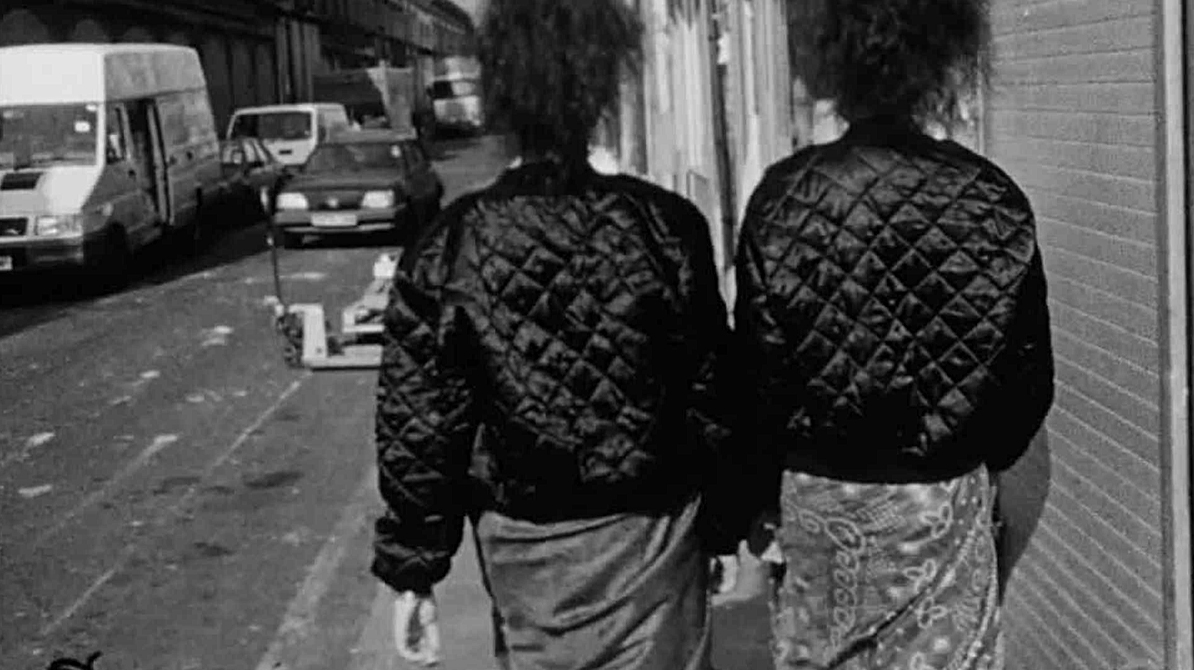
Wednesday 23 June 2021, 6pm – Wednesday 30 June 2021, 6pm
Personal Perspectives is a screening of artists’ works curated from the LUX collection by four final year University of Westminster students, Alex Guiste, Jordan Blanchard, Tia Lewis and Jodie Lawal-Mcdonald, with support by curator Jemma Desai, artist Adham Faramawy and our own Alison Craighead. This project was funded by The Quintin Hogg Trust and supported by LUX.
The process of making the selection began with the group watching Alnoor Dewshi’s seminal work from 1992, Latifah And Himli’s Nomadic Uncle, where two cousins discuss ideas of culture and history while wandering through London. Described by John Akomfrah as an “excellent film on Nomadology and [the] diasporic sublime”, this subtly rich and often humorous work opens this screening: it was the catalyst for the discussions that led to the students’ selection of these three subsequent works: The Very Very End, George Barber, 2013; A Part of Me, Carl Callam, 1998; A is for Artist, Ayo Akingbade, 2018.
Details at: https://lux.org.uk/online-exhibition/personal-perspectives
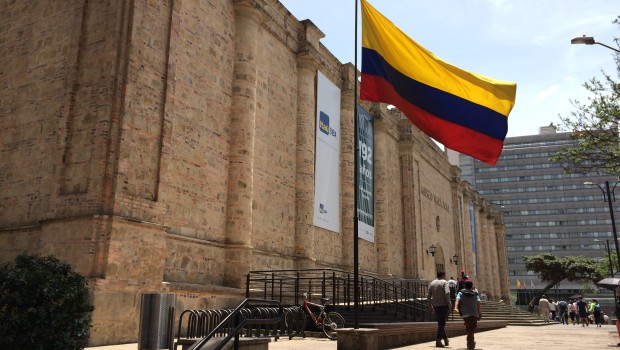
Wednesday 9th June 2021, 17.00 (BST)
Women’s Experiences of Conflict
Gender, Violence, and Representation at the National Museum of Colombia
Organised by our friends Latin American Studies at Westminster research group, this roundtable presents the ongoing issues of representation, gender, and violence within Colombia’s National Museum, delineating how museums are responding to these social issues.
Speakers:
Ailsa Peate (University of Westminster/IMCC)
Catalina Delgado Rojas (Institute of Cultural Practices, University of Manchester)
Valeria Posada Villada (Arts Curatorial Department of the National Museum of Colombia)
Further details and booking for this online event here.
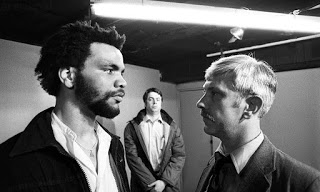
A couple of events coming up as part of the University of Westminster’s annual Difference Festival involving IMCC members and fellow-travellers:
Thursday 25 February 2021, 19.00 pm
MARKS: Forensic Photography and the Removal of the Trauma of Migration
Federica Mazzara, with photo journalist Max Hirzel and Drs Antonietta Lanzarone and Silvia Torresin.
This event will revolve around the last photographic project by Italian photojournalist Max Hirzel, called MARKS, which documents the medical-legal certification work on the marks of violence and torture suffered by the asylum seekers, carried out by Forensic doctor Antonietta Lanzarone. The project aims to address the concealed pain and trauma experienced by people on the move. Click here for tickets.
Friday 26 February 2021, 19.00 pm
SUS: An online reading
With Matthew Morrison and Guy Osborn
In June 1979 Barrie Keeffe’s play SUS premiered at the Soho Poly theatre, a month after Margaret Thatcher’s victory at that year’s General Election. The play concerned the so called ‘sus laws’, the stop and search powers that allowed the police to arrest people deemed to be ‘acting suspiciously’ or intending to commit an arrestable offence. Join the Soho Poly Online for a live reading of this modern classic, performed by a new professional cast in partnership with Unfinished Histories. Click here for tickets.
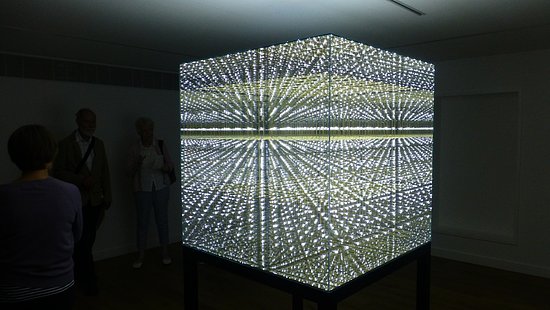
Wednesday 9th December, 6.00-8.00 pm
Online seminar at the Institute for Modern and Contemporary Culture
Presentation of Mental Traveler: A Father, a Son, and a Journey Through Schizophrenia by WJT Mitchell, with Antony Gormley
The IMCC is delighted to announce a presentation of W.J.T. Mitchell‘s latest book, Mental Traveler: A Father, a Son, and a Journey through Schizophrenia on Wednesday 9th December.
W.J.T. Mitchell is the Gaylord Donnelley Distinguished Service Professor of English and Art History at the University of Chicago, and is known for his many books on visual culture, media and politics. This memoir tells the story of one family’s encounter with mental illness and bears witness to the life of the talented young man who was his son, Gabriel Mitchell. The event will include a short film about Gabriel’s work as an artist made by his sister, Carmen Mitchell, and a reading from the memoir of his life by his father.
Sculptor Antony Gormley will also join the event to talk about his sculpture, “The Infinite Cube”, inspired by one of Gabriel’s ideas.
Registration required via Eventbrite. Further details inside the Eventbrite page.
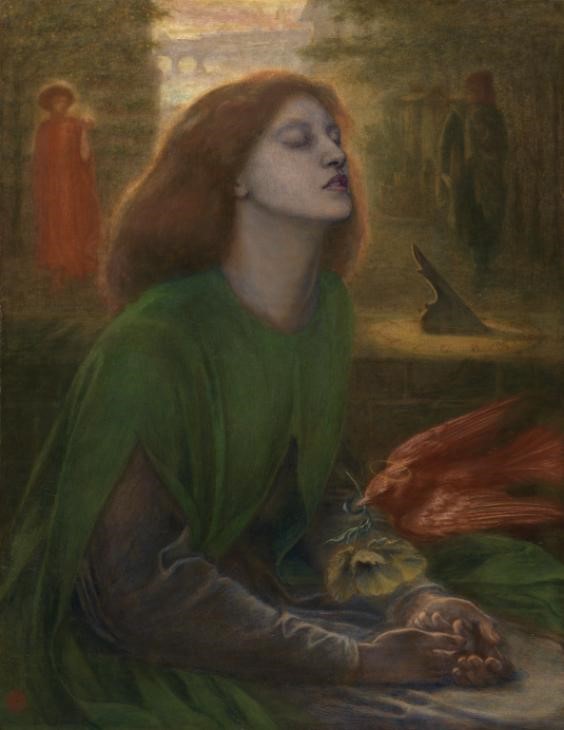
Wednesday 2nd December, 5.00-6.30 pm
Online seminar at the University of Westminster
The forgotten man of letters, Gabriele Rossetti: His discovery of Dante’s esoteric love and its influence on nineteenth- and twentieth-century English literature
Piero Latino (Sorbonne Université -University of Westminster)
Nineteenth-century England, and in particular London, was the theatre of an event which has been marginalised and forgotten by critics: the discovery of the esoteric dimension of Dante’s work. It was Gabriele Rossetti – father of the more famous Pre-Raphaelite poet and artist Dante Gabriele Rossetti – who spoke for the first time of the esotericism in the Divine Comedy. According to Gabriele Rossetti, the topos of love was not a feeling expressed in poetic verses but hid a secret doctrine. Thus, the beloved girls or the rose, flower of love, were symbols of an occult wisdom. This conception of a mysterious love recalls what Yeats wrote in the Secret Rose, where he affirmed that Eros has a hidden face “because no man or woman from the beginning of the world has ever known what love is”. This paper shows that the esotericism of Dante is present in nineteenth- and twentieth-century English literature, such as in works by Blake, Yeats, Joyce or Pound. All these poets were profoundly influenced by Dante who, in his Divine Comedy, warned the reader about an initiatory doctrine protected by the law of the secret: “O you who have sane intellects, / Look at the doctrine which is hidden / Under the veil of strange verses”.
For further information (including online link to the seminar), please contact:
frankie.hines@my.westminster.ac.uk

Wednesday 9th December, 6.00-8.00 pm
Online seminar at the Institute for Modern and Contemporary Culture
Presentation of Mental Traveler: A Father, a Son, and a Journey Through Schizophrenia by WJT Mitchell, with Antony Gormley
The IMCC is delighted to announce a presentation of W.J.T. Mitchell‘s latest book, Mental Traveler: A Father, a Son, and a Journey through Schizophrenia on Wednesday 9th December.
W.J.T. Mitchell is the Gaylord Donnelley Distinguished Service Professor of English and Art History at the University of Chicago, and is known for his many books on visual culture, media and politics. This memoir tells the story of one family’s encounter with mental illness and bears witness to the life of the talented young man who was his son, Gabriel Mitchell. The event will include a short film about Gabriel’s work as an artist made by his sister, Carmen Mitchell, and a reading from the memoir of his life by his father.
Sculptor Antony Gormley will also join the event to talk about his sculpture, “The Infinite Cube”, inspired by one of Gabriel’s ideas.
Registration required via Eventbrite. Further details inside the Eventbrite page.
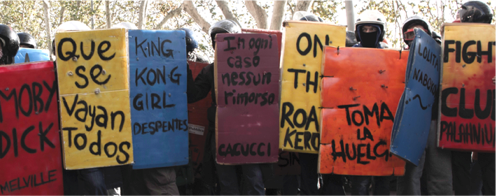
Wednesday 18th November, 5.00-6.30 pm
Online seminar at the University of Westminster
Anarchism and Literature: A Discussion
Joanna Freer (Exeter University) & Frankie Hines (University of Westminster)
“Starting back toward life”: Anarchism and Mental Health in Toni Cade Bambara’s The Salt Eaters
Joanna Freer (Exeter)
Anarchism, in my understanding, seeks to promote maximum individual autonomy in combination with flexible, cooperative communities. Bambara’s novel The Salt Eaters (1980) emphasises the mental health impacts of a lack of individual political autonomy, as the protagonist Velma Henry suffers a breakdown resulting from her experience working in representative politics in the highly politicized landscape of the American south in the 1970s. The novel details Velma’s frustration with traditional left political campaigns that completely side-track women, who end up doing most of the work for none of the rewards. This frustration and overwork, it is suggested, leads to Velma’s breakdown, but her recovery is achieved via a healing practice that eschews exploitative hierarchies. I argue that a reading of the experiences that trigger Velma’s suicide attempt and of the successful healing process that she undergoes in the novel provides insights into how communities that work on anarchist principles may play a role in encouraging good mental health.
Toward an Anarchist Literary Instrumentalism
Frankie Hines (Westminster)
Anarchist theory and practice pursue a pointed critique of the incipient authoritarianism of representation, rejecting both the institutions of liberal-democratic states and the representative function of the revolutionary party. In place of representation, anarchists pursue an ethic of direct action which emphasises the possibilities afforded by unmediated intervention in the political sphere. I argue that an anarchist literary theory—one capable of apprehending texts produced by anarchist movements—must similarly foreground anarchism’s hostility to representation: adhering to the direct action ethic, it must understand texts in terms of their effects. Introducing such a “literary instrumentalism”, I will explore anarchist texts in terms of their multifaceted relationships to anarchist movements in the United States since the 1970s.
For further information (including online link to the seminar), please contact:
frankie.hines@my.westminster.ac.uk
Wednesday 21 October 2020, 2:00 – 6:00 pm BTS
Online roundtable and workshop: Sinophone creative responses to Covid-19, racism and xenophobia
Following overwhelming public response to a roundtable on Covid-19 and racism back in March 2020, our friends and colleagues in the Contemporary China Centre at the University of Westminster are following up with another online roundtable and workshop on how different Chinese communities have continued to combat Covid-19 related racism.
All are welcome but registration is required.
For Chinese-speaking communities in the UK and elsewhere, Covid-19 has witnessed a steep rise in racism and xenophobia. Alongside efforts to combat Covid-19 related racism and support those who have experienced discrimination, Chinese-speaking communities have been producing and circulating Chinese-language materials about the virus through various creative means and media, in an attempt to foster new forms of understanding about their respective communities to broader audiences. Building on the overwhelming public response to the previous roundtable on racialised discourses and Covid-19, this workshop is part of a series of events exploring the ways in which different Chinese communities have been responding to Covid-19 and the ensuing wave of racism and xenophobia. Through collaboration with academics, activists, and local communities, the aim is to map out the creative responses emanating from a diverse range of Chinese cultures and build new alliances and networks to fuel resistance, action, and change. What strategies, resources and ideas can be shared for intervening in prevailing Covid-19-fuelled racisms to build towards a more equitable future?
Dr Diana Yeh, Flair Donglai Shi, Sam Phan and Dr Shzr Ee Tan will share their reflections on how the fear and ignorance around Covid-19 have continued to fan pre-existing racisms and expose social faultlines, and the kinds of responses that have sought to resist and challenge such practices. This second half of the event will a workshop led by Dr Denise Kwan in which participants move into breakout groups to explore the themes: Anger/Joy as Resistance; Collective Care; and Political-Hearts.
Note: Those who have registered will be sent a link to Zoom before the event starts.
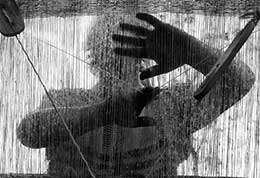
The University of Westminster (including staff in the IMCC) is one of the nine universities that now make up the AHRC-funded technē Doctoral Training Partnership.
technē supports outstanding students pursuing the ‘craft’ of research through innovative, interdisciplinary and creative approaches across a range of the arts and humanities. For more information on technē and the kinds of projects it funds, please see http://www.techne.ac.uk/
As well as fully-funded financial support, technē offers a developmental framework for doctoral researchers across the collaborating institutions, with research training, supportive community networks, professional and public engagement opportunities and a space for both independent and collaborative scholarship. Studentships include maintenance and fees for three years for a full time student; or six years for a part-time student. International students are eligible to apply for studentships but will be expected to pay the difference between the home and international fee rate themselves (as the studentship will only cover fees at the home rate, plus the stipend).
For an informal discussion about applications in the IMCC’s subject areas, including modern literary studies and visual culture, please contact Dr Helen Glew: h.glew@westminster.ac.uk
The deadline for applications is Thursday 1 December 2020 by 5.00 pm. Interviews will be held in the week commencing 18 January 2021.
Further details, including how to apply, can be found here:
https://www.westminster.ac.uk/study/postgraduate/research-degrees/studentships/techne-ahrc-doctoral-training-partnership-studentships-0

October 16 2020, 15:00 – 16:00 CEST
RDA IG-PTTP and Frankfurter BuchMesse #20: Preserving and Annotating Publishers’ Data
Presenters: Peter Cornwell (ENS-Lyon, IMCC, Data Futures), José Gonzalez (CERN), Tom Lamberty (Merve Verlag)
Details on how to register and participate here and here.
The second seminar of this series, co-organized with the Frankfurt Book Fair, addresses digital preservation solutions for the publishing enterprise. Presenting experience from the 2015-2020 open access project of Merve Verlag—winner of the 2020 German Publishers’ Prize—the seminar focusses on delivering the full book content of the publisher catalogue: creation of technology-agnostic digital editions; open access and support of the research community; and strategies for future-proof accessibility and long-term preservation.
The preservation trajectory also addresses digital capture and accessibility for historic information about the publisher, such as author and rights correspondence, launches, events and archives—although this will be addressed in a subsequent event.
Tom Lamberty, managing director of Merve, will present strategies for creating a publishing data resource—from digitization of out-of-print books, as well as conversion of current publications originated digitally using tailored re-delivery workflows, to produce a digital corpus to support conventional print and distribution, print-on-demand and a digital edition which can supply both open reading access and the research community.
Peter Cornwell, research fellow at ENS-Lyon and the Institute for Modern and Contemporary Culture at the University of Westminster, and director of Data Futures GmbH, addresses development of multi-function online access using the International Image Interoperability Framework (IIIF). Automated production of IIIF services from publishers’ digital editions supports not only existing and future electronic reading applications, but also new research platforms generating preservable Web Annotation Data Model collections, which can be output directly to repositories.
José Gonzalez, head of repository technologies at CERN, charts the history as well as current developments surrounding long-term access and preservation technologies for research data in the physical and life sciences. Since the 1960s, increasing data volumes and enormous international research investment has driven continuous preservation efforts focussing on software engineering, and CERN has become a prominent developer and user of reliable data repositories. Its technology now underpins the Zenodo global catch-all repository for research data, and the forthcoming release of InvenioRDM gives new communities such as the publishing sector radical new data distribution and preservation opportunities.
This seminar, which is part of the 20th Frankfurt Book Fair programme, is intended as an introduction to creation and deployment of new data resources from existing publisher data and especially, long term operation and maintenance aspects— to ensure preservation of investment in such activities. Organized jointly with the Preservation Tools, Technologies and Policies (PTTP) Group of the Research Data Alliance, a series of more specific seminars, shaped according to participant feedback is planned in early 2021 as part of RDA’s ongoing program. An update on this seminar will be included in the annual RDA Plenary 16 meeting, November 9th-16th. The second seminar of this series, co-organized with the Frankfurt Book Fair, addresses digital preservation solutions for the publishing enterprise. Presenting experience from the 2015-2020 open access project of Merve Verlag—winner of the 2020 German Publishers’ Prize—these talks proceed from creation of a homogeneous digital corpus, to adoption of APIs for future-proof internet access and platforms for scholarly research, and long-term preservation. The seminar focusses on delivering the full book content of the publisher catalogue—three talks will present this activity.
Saturday 28 November 2020, 9.30am – 1pm
Photography Beyond the Image
IMPORTANT NOTICE: The symposium, Photography Beyond the Image, which was re-scheduled online for this November, engendered some critical responses concerning the line-up of the event. Committed as we are to creating a public engagement programme based on equality, diversity, and inclusion, and appreciating that the online move of an originally UK-based event, cancelled because of COVID-19, should have been an opportunity to diversify the panels further, the decision has been made to suspend the event to consider this and are working towards developing a differently structured symposium on the topic of photographic studies beyond the visual image in the future. Apologies to those who had already booked for the event.
Recent years have seen photographic studies move beyond the analysis of the visual product. From a focus on photographs as the privileged points of access for studying photography, thus supporting a predominant understanding of the medium as a representational tool, the field is today embracing a more holistic approach. This has brought photography into a much needed interdisciplinary and intermedial analytical environment, and alerted us to the social, cultural and commercial entanglements that shape and are shaped by photographic practices.
This one-day symposium seeks to examine these intellectual trends by reflecting on their postulates, methodologies and future directions.
The event, which is free, will take place on Zoom. The Zoom link will be emailed out to everyone who has reserved a ticket on Saturday 21 November, together with a link to access the pre-recorded contributions.
The University of Westminster has one of the most diverse student bodies in the UK, with a high percentage of Black and Minority Ethnic (BME) students. Yet BME students remain relatively under-represented at the higher levels of research, with a significantly lower proportion of BME doctoral students. As part of the ongoing effort to ensure equal access to research opportunities within our subject areas, the School of Humanities at Westminster, which houses the Institute for Modern and Contemporary Culture, intends to fund a full studentship for a PhD student starting their studies in January 2021, which will be available to BME applicants only.
The successful candidate will have exceptional research potential in one or more Humanities disciplines: English Language, English Literature, History, Linguistics, Modern Languages (Arabic, Chinese, French, Spanish), Translation Studies or Cultural Studies and Visual Culture.
The studentship will be open to students eligible for home fees and consists of a fee waiver and an annual stipend of £17,285 (for 2020/21, raising each year in line with UKRI increases) for three years. This includes London weighting. The studentship will include a comprehensive personal and professional development training and mentoring programme provided through the University of Westminster Graduate School. The researcher will also have the opportunity to join the University’s BME Network.
For queries about any aspect of the application process, or informal enquiries about areas of research, please contact the School of Humanities PhD Co-ordinator, Dr Helen Glew, at h.glew@westminster.ac.uk.
Applications should be submitted by Friday 16 October. Interviews will take place in late October.
Full details on the studentship and how to apply here.
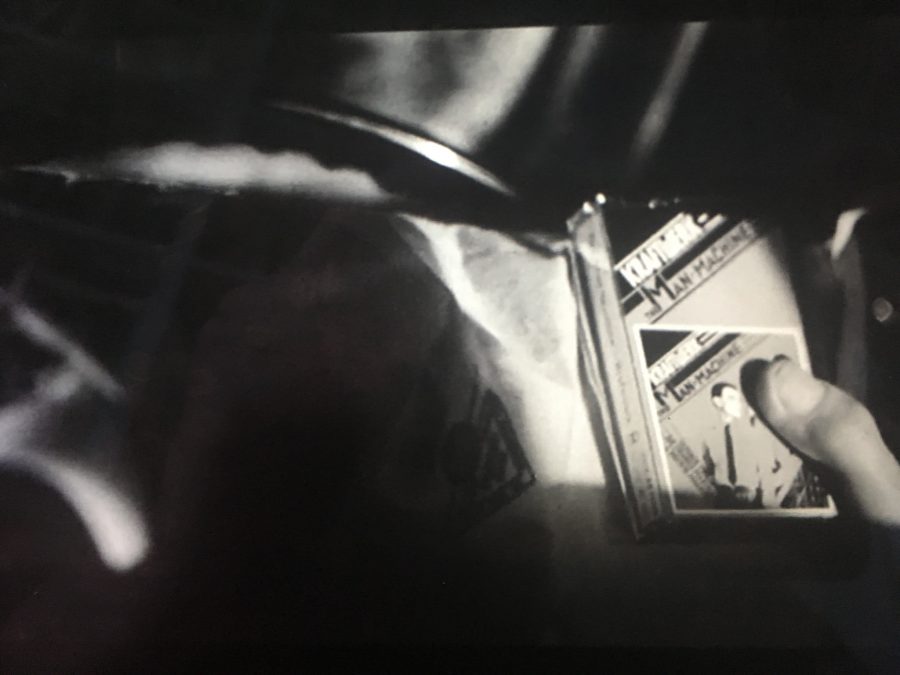
“We are the children of Fritz Lang and Werner von Braun. We are the link between the ‘20s and the ‘80s. All change in society passes through a sympathetic collaboration with tape recorders, synthesisers and telephones. Our reality is an electronic reality.”
David Cunningham, Deputy Director of the IMCC, on Kraftwerk, modernism and the late great Florian Schneider in the latest issue of Radical Philosophy here.
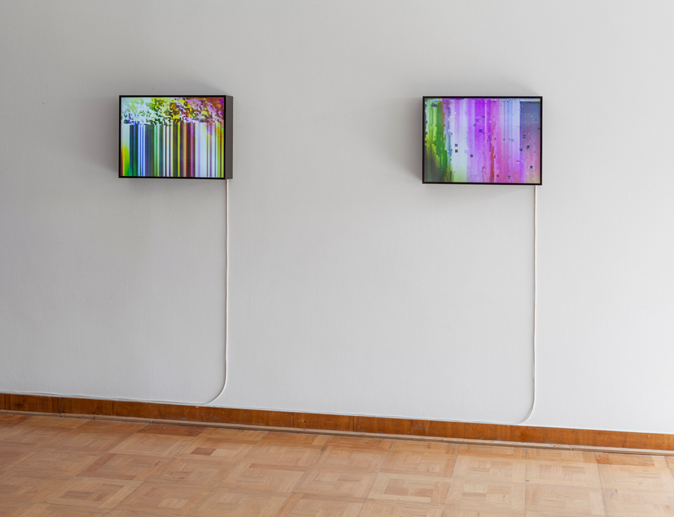
Lecturer in Digital Humanities
We are looking for an enthusiastic teacher and active researcher who will contribute to the development of digital humanities in the School of Humanities at the University of Westminster in which the IMCC is based.
Teaching will be largely on our MA Museums, Galleries and Contemporary Culture, but the post holder will also be expected to contribute, as appropriate to expertise, to other areas in the School, which hosts undergraduate programmes in English, History and Modern Languages and MA courses ranging from Visual Culture to Translation.
Candidates must be able to demonstrate an active research record supported by publications. They should also have appropriate teaching experience of digital humanities in higher education, with an ability to teach in the broad field of museum studies. Candidates may have or be working towards a PhD in a discipline relevant to the work of the School although this is not essential.
For further information and to apply for this post, please click apply and you will be redirected to our website.
Closing Date: midnight on 9 April 2020
Interviews are likely to be held on: W/C 27 April 2020
Administrative contact (for queries only): Recruitment@westminster.ac.uk
Please note: The University is unable to accept applications by email. All applications must be made online. CV’s in isolation or incomplete application forms will not be accepted.
Further details here.
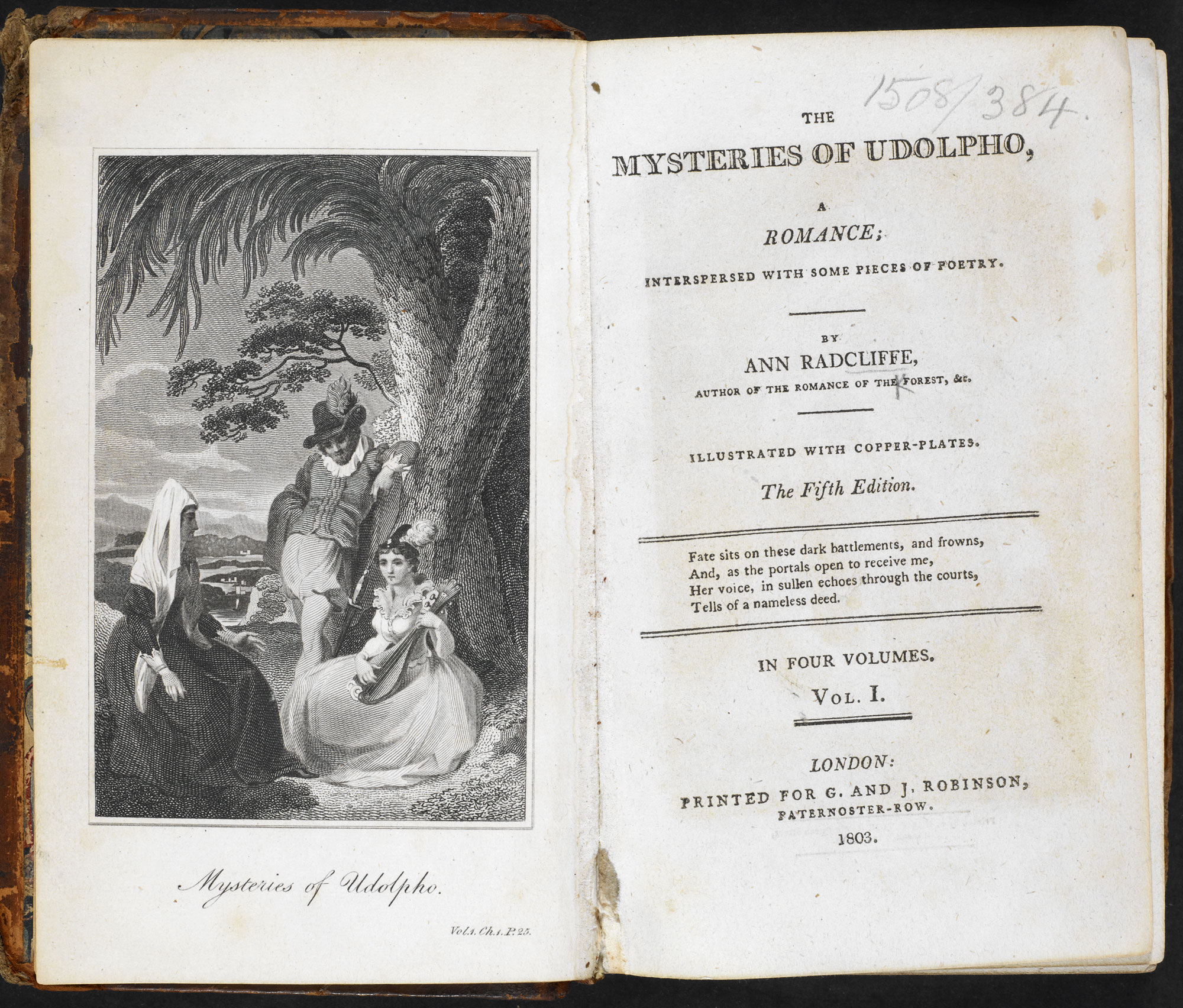
Wednesday 19th February, 5.00-7.00 pm
UG04, University of Westminster, 309 Regent Street, London W1B 2HW
Gothic Sounds of the 1790s
Emma McEvoy (University of Westminster)
Gothic novels of the 1790s tend to be noisy affairs, filled with references to sounds and music. They are punctuated by echoing footsteps, thunder and distant screams. Heroines play the lyre and harp, monks chant, peasants pipe and dance, heroes might even serenade (though this turns out to be a morally suspect practice). This unprecedented attention to sound stems from the Gothic novel’s close relationship to theatre. In this paper, Emma McEvoy will argue that we need to learn to hear the Gothic novels of the 1790s. She will look at the part played by music and sound in a number of works of the period and identify the influential, but contrasting, approaches to sound in the novels of Ann Radcliffe and Matthew Lewis. Whereas Radcliffe constructs something that might be said to resemble a soundscape, Lewis’s novel structures itself through a soundtrack. Finally, in an attempt to recover the lost aural dimension of these texts, Emma will bring along excerpts from the Gothic musical theatre of the period to listen to. Expect to hear works by Thomas Busby, Lewis’s collaborator, the Irish tenor Michael Kelly, and Lewis himself.
Emma McEvoy is Senior Lecturer in English Literature at the University of Westminster. She is author of Gothic Tourism (Palgrave 2015) and co-editor (with Catherine Spooner) of the Routledge Companion to Gothic (2007). She also wrote the introduction and notes for the Oxford World Classics edition of Matthew Lewis’s The Monk.
All welcome, but guests from outside Westminster should RSVP Frankie Hines: frankie.hines@my.westminster.ac.uk OR Baptiste Danel: baptiste.danel@my.westminster.ac.uk


The Institute for Modern and Contemporary Culture
University of Westminster Department of English, Linguistics and Cultural Studies
32-38 Wells Street, London W1T 3UW. United Kingdom.

